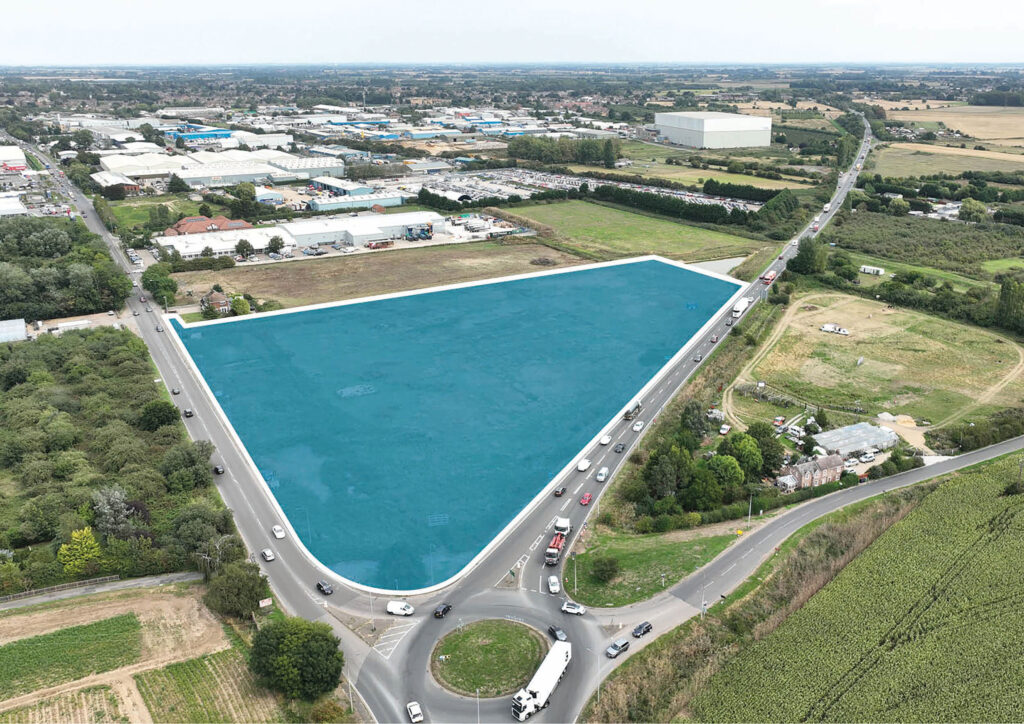With less than a month to go until the US elections, it’s impossible not to think about the potential impacts on markets and investors. Donald Trump and Joe Biden are entering their final weeks of campaigning, but what can we expect from either a Trump re-election or a victory for Biden?
We sat in on a recent discussion with investment experts from Quilter’s Market and the following is a summary of what they had to say.
The current situation
Long term, history shows that there’s little difference in market returns based on which party is in the Oval Office.
As a result, the markets haven’t been making too much noise about the US elections because at the top of everyone’s mind is how quickly a vaccine can be developed for the COVID-19 coronavirus. With multiple trials going on around the world, the race is on and governments and individuals are waiting in anticipation.
Although, when it comes to the elections Biden has maintained a consistent lead in national polls, running at 7% ahead as per the last 3 months. However, national polls do not really reflect the electoral college system. It’s often the winner of swing states such as Florida, Pennsylvania, Ohio and Michigan who ends up sitting in the White House.
In Florida, Biden is less than 2% ahead, which is within the normal margin of error. However, keep in mind that polling has become greatly discredited due to generally small sample sizes and biases. Some pundits say Trump has a 3 or 4 chance in winning (although that was before he tested positive to COVID in early October). The best and perhaps only thing to do is to take poll results with a pinch of salt.
It’s worth noting that Biden has been raising a lot more money, especially in the hour immediately following the first Presidential Debate in late September. Not surprisingly, Trump is spending far more on social media advertising (we all know how much he loves Twitter) as well as field offices, which act as logistics bases to access voters.
This is where the Republicans’ strategy is very different to that of the Democrats. The Republicans have more than 250 fields offices while the Democrats have none.
What does all this mean for the markets?
It’s certainly a close race and markets can live with either candidate.
While Trump is unpredictable, especially when it comes to trade and bashing China, he favours low tax and regulation and is business-friendly. Biden, on the other hand, may increase taxes but is far more predictable. He’s far less confrontational with China, perhaps even more consensual.
The biggest risk to markets is a closely contested election like in 2000. If that happens, how long will the uncertainty last? As we know, markets don’t like uncertainty. Also, keep in mind this isn’t just a Presidential election – seats in both houses are being contested.
The second biggest risk to global markets and investors is a clean sweep by the Democrats. If Biden is elected and manages to flip the Senate to Democratic control, corporate, income and capital gains taxes could go up which would be the highest tax hike since 1968, when markets reacted very badly.
What are the opportunities for investors?
Both candidates are committed to spending on infrastructure, so if either can push through their proposals and have funding approved, a healthy wave of infrastructure spending will be good for growth.
If elected, Biden will most likely target renewables and initiatives such as green tech and others that are targeted towards fighting climate change. The climate agenda has become a risk for markets, so it would be good to have US take the lead in this area again.
It’s worth noting that the choice for Vice President is really important in this election. Both Trump and Biden are now in their 70s. How capable would either be in 4–8 years’ time and, if they were to become sick or worse, how capable is their VP to take over the reins?
The greatest optimism for 2021 and beyond will come from an uncontested election and a COVID vaccine. A new president and such optimism would be far better than the holding pattern we currently find ourselves in and bring back some predictability for markets. The next best thing would be the resumption of normal life.
Given we don’t know when a ‘normal’ life is going to resume, the best thing investors can do right now is to continue to stay calm. We know a lot of emotion is tied to this election in particular, but it’s important not to be swayed by that when making investing decisions.




